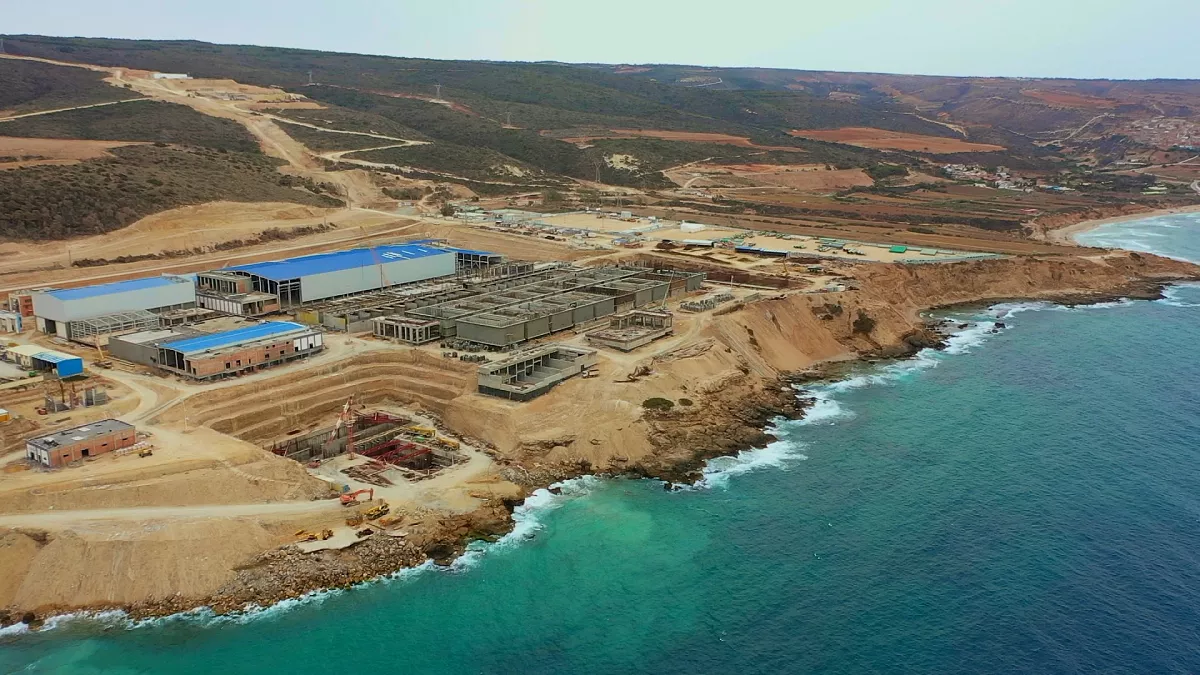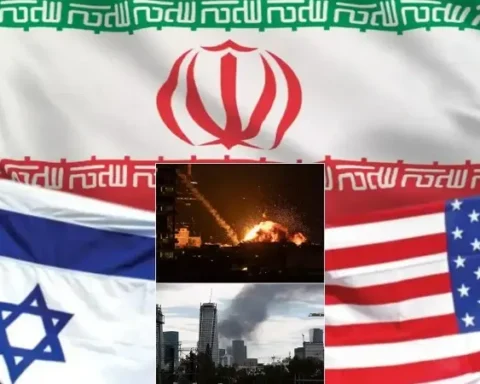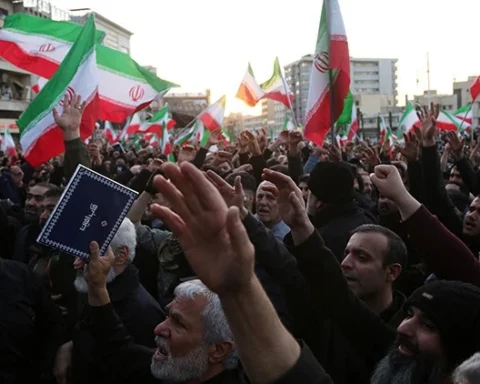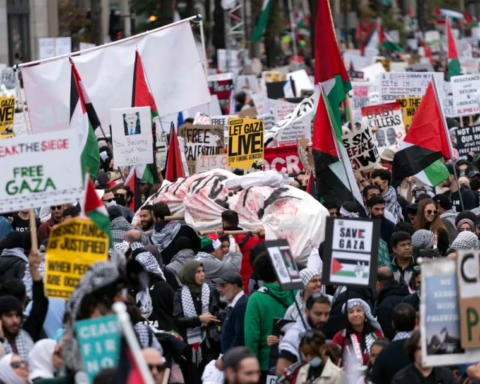Algeria: Decolonizing the Mind, Liberating Water, Inventing the Future
Sixty years after its independence, Algeria stands at a crossroads. Though it has broken the political chains of colonialism, it remains shackled by invisible bonds: mental alienation, disastrous water management, and an economic model inherited from the colonial era. To survive — and truly live free — Algeria must undergo a revolution far deeper than that of arms: a decolonization of minds, infrastructures, and imaginaries.
Water: A Mirror of Alienation
In a country plagued by chronic drought and devastating floods, 90% of rainwater is lost each year to the sea and deserts. In Béchar, deep in the Sahara, newly built gas stations mechanically drain the rare rainfall into storm drains, treating water as waste. In Algiers, even mosques — places where people pray for rain — funnel rooftop water directly into the sewers.
This paradox reveals a deep fracture: the severed bond between humans and nature, a direct consequence of a colonial-era water infrastructure designed to drain rather than nourish. Indigenous hydraulic genius — foggaras, matmoras, traditional wells — has been abandoned in favor of costly, underutilized mega-dams.
Meanwhile:
– 3 to 4 billion dollars are spent each year on cereal imports, primarily wheat.
– 40% of agricultural land lies abandoned.
– Southern aquifers are being depleted to feed extractive industries.
Without water, there is no agriculture. Without agriculture, there is no food sovereignty. And without food sovereignty, there is no true independence.
The Aberration of Rainwater Drainage
One of the most devastating legacies of colonial-era management is the systematic drainage of rainwater toward the seas and deserts. Even in arid areas where every drop is precious, rainwater is funneled into storm drains, lost forever. This practice reflects a mindset that sees rain not as a blessing to be preserved, but as a nuisance to be eliminated.
Before any large urban water management strategy, Algeria must first adopt a philosophy of rainwater retention across its entire territory. From rural villages to the heart of cities, every building, every mosque, every public facility must be designed to capture, store, and wisely use rainwater.
If we preserve the raindrops where they fall, we will preserve life itself. And if we preserve life, we will no longer need to import sheep and grains to survive.
Silent Betrayal: The Architecture of Mimicry
Urban architecture also bears witness to this internal colonization. Over the past two decades, glass facades have spread across Algerian cities, even in the sahara, heralded as symbols of imported modernity — yet utterly unfit for local realities. Under more than 3,000 hours of sunlight per year and constant dusty winds, these buildings become energy-guzzling greenhouses with quickly dirtied surfaces.
As a result, 62% of public building electricity consumption during summer is absorbed by air conditioning (CREG, 2021). Glass curtain walls, incompatible with both the climate and the local culture of privacy, expose an identity crisis: a desperate desire to mimic the West, at any cost.
The South: Reservoir of Wealth or Internal Colony?
The South of Algeria, cradle of ancient African civilizations, today is not treated as an internal colony. Its hydrocarbons fund the state, and its inhabitants don´t live in neglect and poverty. Despite the fact that extractivist logic continues: gas drilling, pharaonic dams, and the abandonment of ancestral oases. Regenerating these oases should be the start point of a real indépendance.
Solutions: Building True Sovereignty
- Decolonizing Water:
– Revive the foggaras: passively irrigate 200,000 hectares.
– Transform mosques into rainwater harvesting and eco-purification centers.
– Strengthen natural retention: rain gardens, infiltration basins, urban greening.
2. Reinventing Agriculture:
– Replace imported wheat with drought-resistant sorghum and millet.
– Develop Saharan agroecology: resilient oasis farming, traditional micro-irrigation.
– Create indigenous seed banks and establish oasis-based schools.
- Rooted Architecture:
– Limit glazed surfaces to 30% in new constructions (DTR C3-4.7).
– Favor local materials: stone, rammed earth, compressed earth bricks.
– Integrate sunbreakers, vegetated loggias, and green roofs for bioclimatic comfort.
-To reconcile with atüre by planting shead-giving trees and banning washingtonias in the desert.
- Hydric and Ecological Federalism:
– Create a Climate Court to punish organized water waste.
– Impose decolonial building permits: mandatory rainwater collection and storage.
– Support community-led water and land management committees.
- An Educational Revolution:
– Honor thinkers like Ibn Khaldoun, Ibn Badis, and Kateb Yacine in school curricula.
– Expand the teaching of Tamazight and Algerian Arabic in scientific education.
– Instill conservation values from early childhood through school gardens, hands-on workshops, and mosque-based awareness campaigns.
Conclusion: The Oath of the Drop
Without mastering water, there can be no sustainable economy, no food sovereignty, and no human life. The raindrop falling in the desert must no longer end in a drain — it must nourish the land, the roots, and the minds.
True decolonization is not nostalgia, nor mere rhetoric. It is a civilizational project: the ability to build an Algeria proud of its roots, inventive in its solutions, and courageous in facing climatic challenges.
Liberate water, liberate the land, liberate the mind — this is the triple revolution awaiting Algeria.
And as Kateb Yacine wrote:
“Our freedom will sprout when our wells cease to weep.”







Thank you for sharing this article. Ben Amara Elhabib.